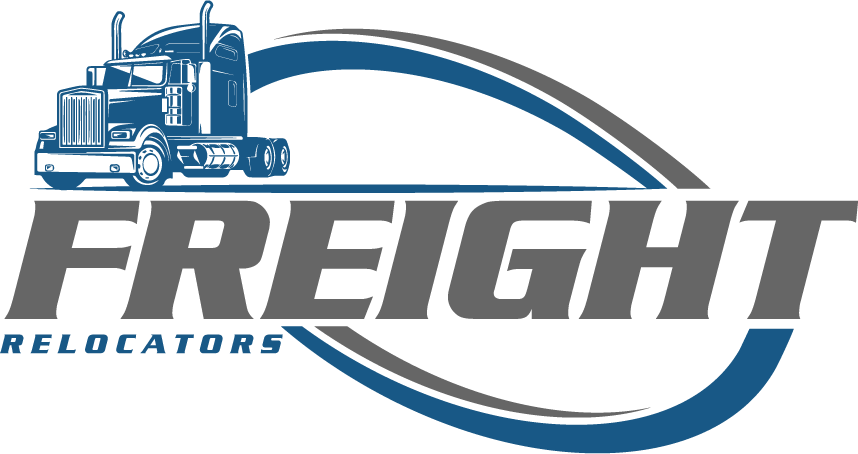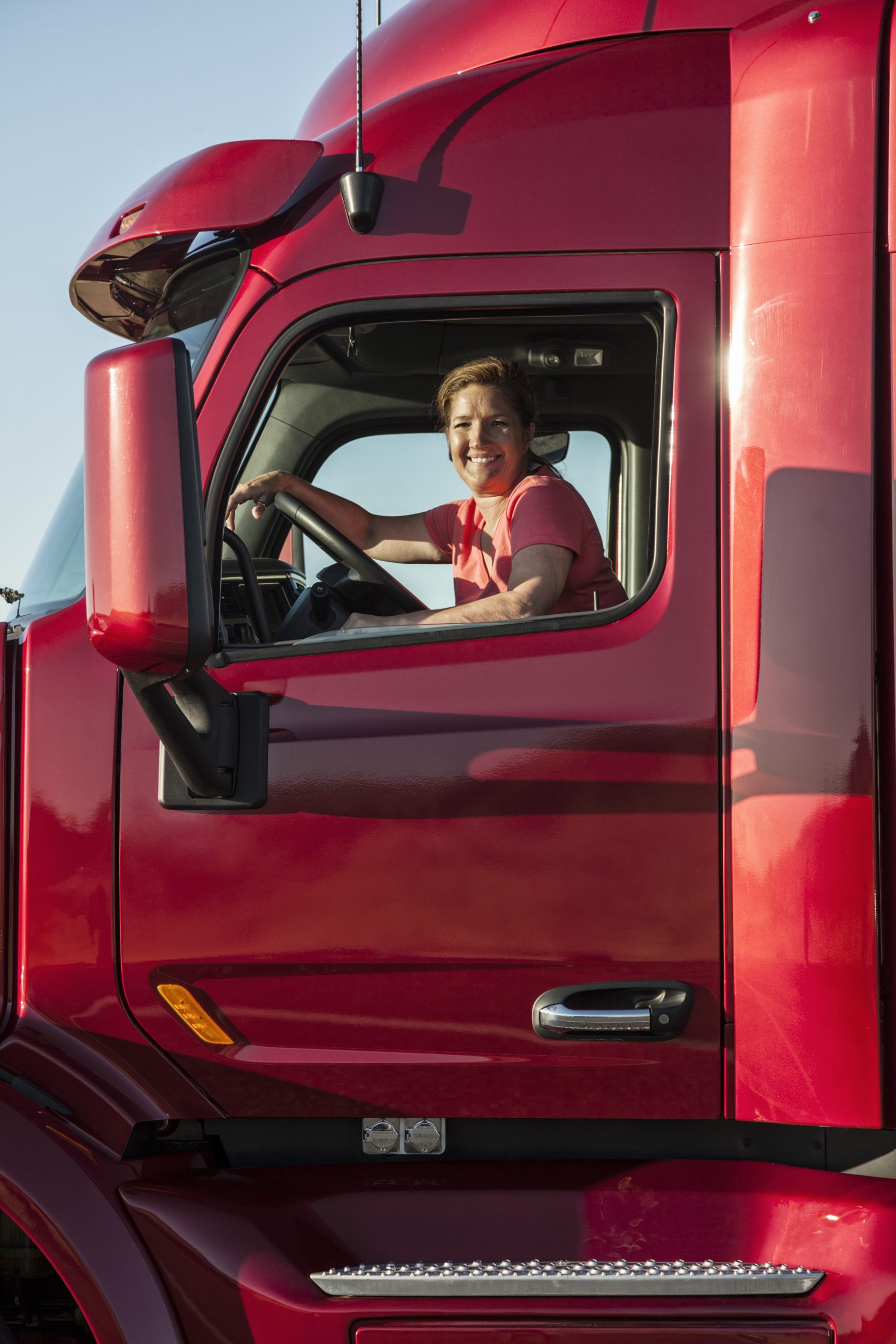When entering the trucking industry, one of the most important decisions you’ll make is choosing the type of trucking job that best suits your lifestyle and career goals. The trucking industry offers a variety of job types, each with its own set of responsibilities, schedules, and benefits. Understanding the differences between Over-the-Road (OTR), Regional, and Local trucking jobs can help you make an informed decision and set yourself up for long-term success.
1. Over-the-Road (OTR) Trucking
Overview: Over-the-Road (OTR) trucking involves long-haul driving across multiple states, often covering thousands of miles per trip. OTR drivers typically spend extended periods on the road, ranging from several days to weeks at a time.
Pros:
- High Earning Potential: OTR drivers often earn higher pay due to the long hours and distances covered. Many companies offer bonuses for miles driven, safe driving records, and on-time deliveries.
- Travel Opportunities: If you enjoy seeing new places, OTR trucking offers the chance to explore different parts of the country.
- Job Security: The demand for OTR drivers is consistently high, providing stable job opportunities.
Cons:
- Extended Time Away from Home: OTR drivers are often away from home for long stretches, which can be challenging for those with families or who prefer a stable home life.
- Physical and Mental Fatigue: The long hours on the road can be physically and mentally exhausting. It’s crucial to practice good self-care and manage fatigue.
Who It’s Best For: OTR trucking is ideal for individuals who are comfortable with extended time away from home, enjoy traveling, and are looking to maximize their earning potential. It’s also a good fit for those who are new to the industry and want to gain experience quickly, as many companies hire and train new drivers for OTR positions.
2. Regional Trucking
Overview: Regional trucking typically involves driving within a specific geographic area, such as the Midwest, Southeast, or Northeast. Regional drivers usually operate within a 1,000-mile radius and can expect to be on the road for a few days at a time, with regular home time on weekends.
Pros:
- Balanced Lifestyle: Regional trucking offers a good balance between work and home life. Drivers can expect to be home on weekends, making it easier to maintain personal and family relationships.
- Moderate Pay: While regional drivers may not earn as much as OTR drivers, the pay is still competitive, with additional bonuses often available for performance and safety.
- Familiar Routes: Regional drivers often run familiar routes, which can make the job easier and less stressful over time.
Cons:
- Limited Travel: Unlike OTR drivers, regional drivers are confined to a specific area, which might not be as appealing to those who enjoy exploring new places.
- Repetitive Routes: Running the same or similar routes can become monotonous for some drivers.
Who It’s Best For: Regional trucking is a great option for drivers who want to be home more often and maintain a better work-life balance while still enjoying the open road. It’s also suitable for those who prefer a more predictable schedule and consistent routes.
3. Local Trucking
Overview: Local trucking involves short-haul driving within a specific city or metropolitan area. Local drivers typically work regular hours and are home every night, making it the most stable option in terms of work-life balance.
Pros:
- Home Daily: Local drivers return home at the end of each workday, which is ideal for those with families or who value a consistent home life.
- Regular Schedule: Local trucking jobs often offer a set schedule, providing more predictability and stability.
- Physical Activity: Local driving often involves more physical work, such as loading and unloading cargo, which can be appealing for those who prefer an active job.
Cons:
- Lower Pay: Local drivers generally earn less than OTR and regional drivers due to the shorter distances and fewer hours on the road.
- Physical Demands: The physical aspect of local trucking, including frequent stops and cargo handling, can be demanding.
Who It’s Best For: Local trucking is ideal for individuals who prioritize being home daily and prefer a stable, consistent schedule. It’s also a good fit for those who don’t mind the physical demands of the job and are looking for a role that allows for more personal and family time.
4. Making the Right Choice for You
Choosing the right type of trucking job ultimately comes down to your personal preferences, lifestyle needs, and career goals. Here are a few questions to ask yourself when making your decision:
- How much time am I willing to spend away from home?
- If you’re comfortable being away for extended periods, OTR might be the best fit. If regular home time is important, consider regional or local trucking.
- What are my earning goals?
- OTR trucking generally offers the highest pay, followed by regional and then local. Consider your financial needs and how much you’re willing to work to meet them.
- Do I prefer a predictable schedule or more variety?
- Local and regional trucking typically offer more predictable schedules, while OTR can involve more variety in routes and destinations.
- Am I physically prepared for the demands of the job?
- Local trucking often involves more physical labor, so consider your physical capabilities and preferences.
- What are my long-term career goals?
- Think about where you see yourself in the future. Do you want to gain experience quickly and move up the ranks, or do you prefer a steady, long-term role with a predictable routine?
5. Next Steps: Finding the Right Job
Once you’ve determined which type of trucking job is right for you, it’s time to start your job search. Here’s how to get started:
- Use Job Boards: Websites like ZipRecruiter, Monster, and Indeed have extensive listings for trucking jobs in all categories—OTR, regional, and local. Use the search filters to find jobs that match your preferences.
- Research Companies: Look for companies known for offering the type of job you’re interested in. Many companies specialize in either OTR, regional, or local driving.
- Network: Connect with other drivers through online forums and social media groups to learn about job openings and get advice on the best companies to work for.
- Prepare Your Application: Make sure your resume highlights your CDL, endorsements, and any relevant experience. Tailor your application to the specific type of job you’re applying for.
Conclusion
Choosing the right type of trucking job is a crucial step in starting your career in the industry. Whether you’re drawn to the high earning potential and adventure of OTR trucking, the balanced lifestyle of regional driving, or the stability of a local route, there’s a job out there that fits your needs. By understanding the pros and cons of each option, you can make an informed decision and set yourself up for success.
Ready to find the perfect trucking job for you? Explore job opportunities on ZipRecruiter, Monster, or Indeed today!

